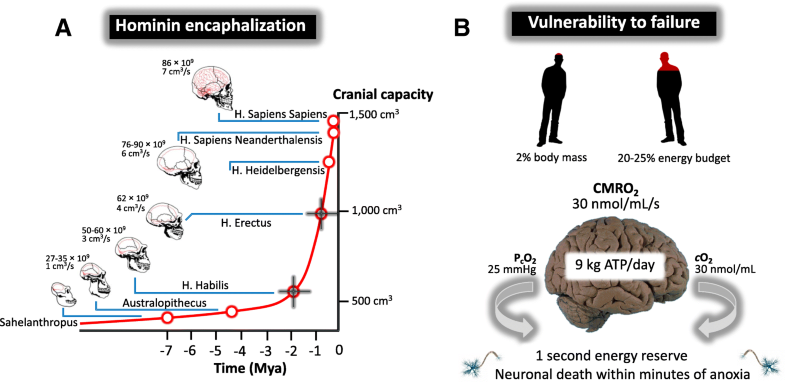Steve, I much appreciate this post of yours. We go back a ways, and I have always respected and admired your acumen and willingness to engage, even when some of our interactions (usually on other fora) became just a bit heated. It’s good to see you here, where I have just returned after too long an absence.
Yes, I agree with all of that, including the last line. And I think that’s OK. Nothing is easy about this entire subject, and I believe we need to acknowledge and respect the difficulty we have in making progress and learning what it is we really believe. I have a book coming out soon that details my own decades-long path to faith. To sum it all up, I owe my belief in Jesus Christ as my Lord and savior to the mercy and grace of the Holy Spirit. All the rest are details. Peace.
